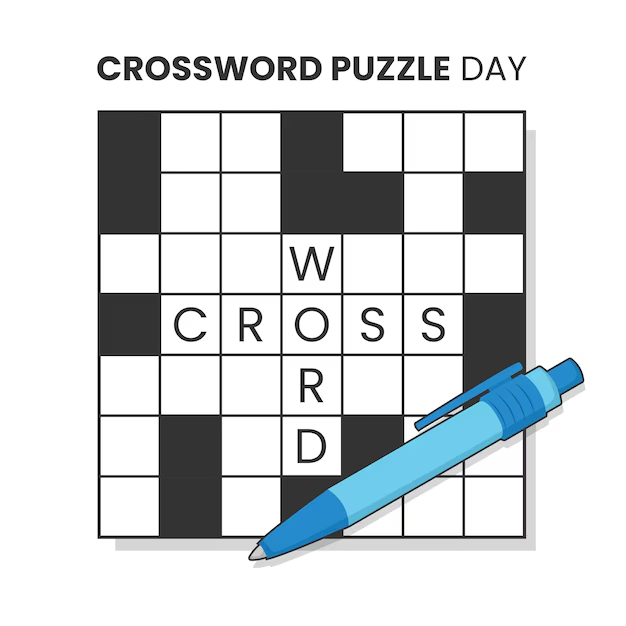Scatterbrained and Unreliable NYT 🌀⏳
Introduction – The Charm of Chaos
In the quiet grids of a New York Times crossword,
sometimes a clue appears like a mirror held to your soul:
“Scatterbrained and unreliable.”
It is more than a definition—
it is a character sketch,
a sigh from someone who has missed appointments,
burnt the toast,
and yet somehow managed to make life feel like a spontaneous dance.
Understanding the NYT Crossword Culture
The New York Times crossword is not just a puzzle—
it is a conversation with history,
wit, and humanity’s love of wordplay.
Its clues often come with a wink,
a nudge,
a personality hidden in the black-and-white grid.
The Human Side of Being Scatterbrained
To be scatterbrained is to have a mind
that wanders like a butterfly—
drawn to every color,
every fragrance,
and often forgetting the flower it first set out to find.
It is frustrating, yes,
but also brimming with curiosity.
Unreliable – A Word with Two Faces
Unreliable can be the friend who doesn’t show up on time,
or the artist who disappears for days chasing inspiration.
It can hurt when trust is broken,
but it can also surprise—
like rain on a sunny afternoon.
The Clue and Its Possible Answers
In NYT crossword language,
“Scatterbrained and unreliable” has had many answers:
flighty, ditzy, flaky, erratic.
Each carries its own shade of meaning,
its own rhythm of imperfection.

From Ditzy to Flighty
Language shifts.
What was once “ditzy” in a 1980s puzzle
might become “flaky” in the 2000s.
The crossword is a living dictionary,
and each answer is a tiny fossil of cultural speech.
Why This Clue Resonates
Because we see ourselves in it.
We are not perfectly organized machines—
we are a little chaotic,
a little late,
a little unsure.
The clue makes us smile in recognition.
The Psychological Roots of Scatterbrained Behavior
Our brains were not made for endless notifications,
constant switching of attention,
or living in a world of a thousand voices at once.
Sometimes scatterbrained is not laziness—
it is the mind defending itself from overload.
Creativity’s Best Friend and Worst Enemy
The scatterbrained mind can connect dots
others do not see,
weaving ideas into art,
and wild adventures.
But it can also forget deadlines,
misplace opportunities,
and leave projects half-finished.
Historical Figures Who Were Brilliantly Scatterbrained
Einstein forgot to wear socks.
Beethoven often lost track of time.
Frida Kahlo lived in bursts of inspiration and stillness.
Their unreliability did not erase their genius—
it flavored it.
The NYT as a Mirror of Humanity
A crossword clue is a tiny portrait of us—
not our polished LinkedIn version,
but our messy, delightful, real selves.
Humor in Imperfection
Sitcoms have thrived for decades
on scatterbrained characters—
the ones who forget the plan,
drop the keys,
and somehow make everything more interesting.
Living with a Scatterbrained Soul
If you are scatterbrained—
or love someone who is—
you learn to live with unpredictability.
You learn to keep spare keys,
write reminders,
and accept that not every journey is linear.
Turning Weakness into Wonder
What if we stopped calling it a flaw?
What if scatterbrained simply meant
that the mind is an explorer
who refuses to walk the same path twice?
Conclusion – The Poetry of Being Scatterbrained and Unreliable
The NYT crossword clue is more than a challenge—
it’s an embrace of our humanness.
We are not metronomes;
we are jazz.
We do not always arrive on time,
but we bring stories when we do.
Scatterbrained and unreliable?
Perhaps.
But also unpredictable,
adventurous,
and beautifully alive.
FAQs
1. What does “scatterbrained and unreliable” mean in NYT crosswords?
It usually refers to answers like flighty, ditzy, flaky, or erratic.
2. Why do crosswords use such human descriptions?
Because they connect the puzzle to culture and personality, making it relatable.
3. Is being scatterbrained always negative?
No—while it can cause issues, it also fuels creativity and spontaneity.
4. Can someone be scatterbrained but still successful?
Yes, many creative and influential people have thrived despite—or because of—this trait.
5. How can I manage scatterbrained tendencies?
Use reminders, embrace flexibility, and channel curiosity into focused bursts.








